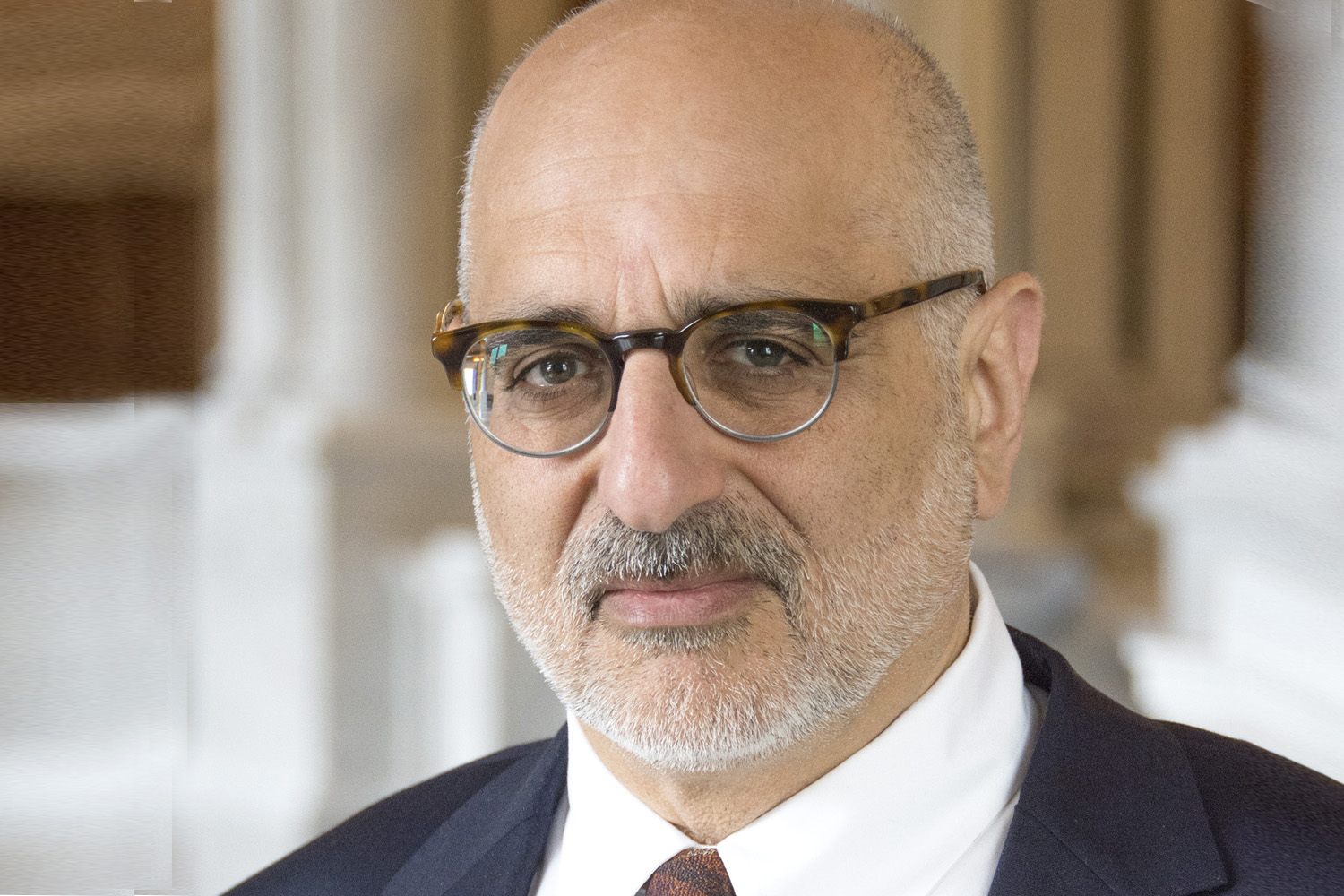Professor Steven Wilf has been named the Fulbright-Schuman Innovation Scholar for the 2020-21 academic year. He will conduct research as a fellow at the Centre d’Etudes Internationales de la Propriété Intellectuelle in Strasbourg, France, one of the world’s leading academic centers for intellectual property.
The Fulbright-Schuman Innovation Scholar program was established in 2016 to support research that enhances the understanding between the United States and European Union of issues at the intersection of technology and policy. Wilf’s investigation will focus on the emerging law of trade secrets under new United States and European Union legislation.
Protecting confidential information through trade secrets is particularly important in a knowledge economy, Wilf said. Business protocols such as modes of operation, technical standards, and the use of algorithms are critical for corporations. Nevertheless, this corporate need for protection must be balanced with competing demands by consumers for shielding personal data and the public’s right to know.
“Both the United States and the European Union recently passed omnibus trade secret legislation, but there are significant differences between them,” Wilf said. Some of these dissimilarities are based on contrasting cultural approaches to trust and secrecy.
Figuring out how to balance competing approaches to the legal regulation of knowledge has been a major theme in Wilf’s research, and he has explored broader policy issues in a variety of intellectual property regimes. He was appointed at the end of the Obama administration to work in the Copyright Office on Capitol Hill.
In a new book published by Cambridge University Press, “Patent Cultures: Diversity and Harmonization in Historical Perspective,” edited with Graeme Gooday, Wilf shows how persistent diversity can function within the framework of global patent treaties. Wilf hopes that next year he can identify bridges between the United States and European Union approaches to trade secrets.
“This is an especially important issue because valuable commercial information readily crosses international borders,” he said.



